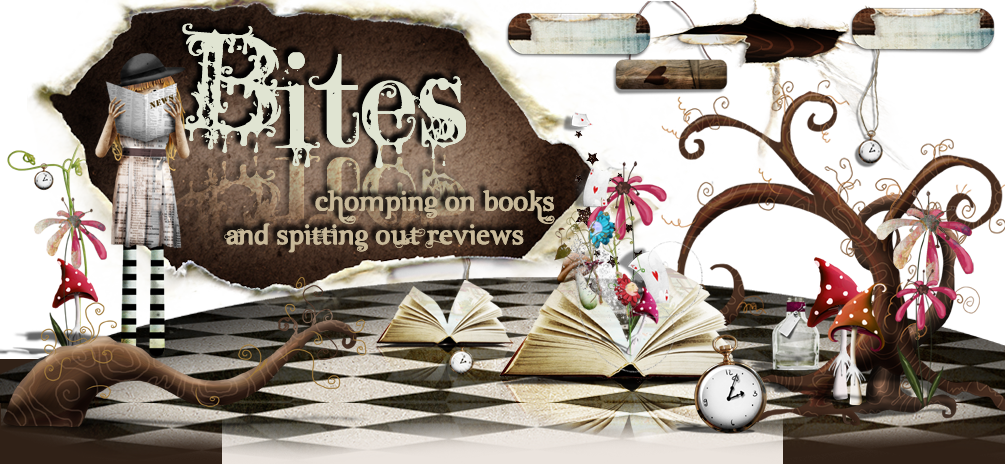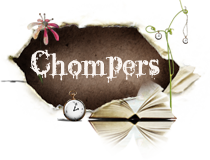 First published in 1950.
First published in 1950.Narnia . . . the land beyond the wardrobe, the secret country known only to Peter, Susan, Edmund and Lucy . . . the place where the adventure begins.
Lucy is the first to find the secret of the wardrobe in the professor’s mysterious old house. At first, no one believes her when she tells of her adventures in the land of Narnia. But soon Edmund and then Peter and Susan discover the Magic and meet Aslan, the Great Lion, for themselves. In the blink of an eye, their lives are changed forever.
You know, I can’t help but question whether a book like this would be published today. There’s a lot of telling, not so much showing, a lot of action is skimmed over and it’s very obviously a religious allegory (not that that would make it ineligible for publication). I couldn’t help but think that as I read it but at the same time I couldn’t help but think just how magical the story actually is.
Compare the circumstances to other works now and you don’t have all that much that is original but then, back in 1950, this was the epitome of original. There was nothing else like this story except for facetious fairy tales that carried very little depth. This was the basis for portals and other worlds and magical creatures that authors today either consciously or subconsciously pull from for their own stories. So no, it’s not original today but it is the very reason it’s not original today, because it was so original and magical then that it was bound to spurn derivatives.
This is a classic fairy tale despite the obvious Jesus references (if I could find that YouTube video, I’ll post it, with Aslan as Jesus). It’s light and airy and the kind that, obviously without me saying it, will stand the test of time for many more years to come. The children are eternally relatable , their wishes are forever there in the reader, to escape to a magic land and become king or queen. There’s nothing in there that couldn’t appeal to anyone, at any time, reading it.
When comparing this book to something like Stardust by Neil Gaiman, I think the voice of Narnia just stands out. This was Lewis’s voice. He was born to write these types of fantastical stories in the style of an age-old fairy tale. While Gaiman’s idea for Stardust was on the level of awesome, the voice just wasn’t right. There was a sort of force there, a trying too hard. I use Gaiman as an example because (aside from the fact that I can’t think of any other authors that have tried to write like this) he’s a magnificent writer and writes amazing stories. Stardust was an experiment for him, not his usual voice so it’s not chalked up to him not being able to write. That old timey style voice of fairy story telling is bestowed only on a select few. Lewis was one of those few.
These stories are capable of transcending time with ease and are written in such a way that they’ll never go out of style. Sure, you’d have to be either really damn good or someone of Gaiman’s status in the publishing industry to get something like this published now, and even then there’s no guarantee of equivalence, but it doesn’t erase the fact that Narnia was published, does exist and will continue to exist for generations. There is a classicism about these stories that just can’t be erased and just can’t be mimicked unless you’ve been bestowed with the voice to do it.
Yes, there is so much that could be expanded on in Narnia but what’s already there on the pages is amazing. Perhaps it is because it’s the epitome of a fairy tale and someone who’s much more critical than I can might be able to see how empty of a plate it might be but to me, there’s just enough there to trust the reader. It’s not bogged down in worldbuilding infodumping or unimportant backstory or research masturbation on the part of the author. All that’s there is what’s important to the story at hand, and nothing else. It goes from point to point seamlessly and with little to no fat and, for me anyway, makes the experience of the read that much more enjoyable.
The world misses fairy tales like this, in all their simplicity but I don’t think there can be much more than what there is now without an inundation which would only devalue what’s already available. Let’s hope the world never has to know what it’s like to live without Narnia.
















No comments:
Post a Comment